HEPA Filters: Ensuring Safe and Clean Beverage Production
The beverage industry is a vast and ever-evolving field. It encompasses a wide range of products such as soft drinks, beer, wine, spirits, and other non-alcoholic and alcoholic beverages. It is a global industry that generates billions of dollars in revenue each year.
The market for beverages is constantly changing, with new trends emerging all the time. Currently, one of the biggest trends in the industry is the shift towards healthier options. Consumers are becoming more conscious of their health and are looking for beverages that are low in sugar, calories, and artificial ingredients.
The beverage business really does have a significant revenue contribution, particularly in the Indian market.
Market Insights:
- Revenue is expected to show an annual growth rate (CAGR 2023-2027) of 11.53%, resulting in a projected market volume of US$2,635.00m by 2027.
- In the Beverages segment, the number of users is expected to amount to 238.6m users by 2027.
One of the most important things that every beverage manufacturer needs to pay attention to is ensuring clean and hygienic indoor air.
Indoor air quality is critical for the health and well-being of employees and customers and also it will protect from cross contamination, and corrosion challenges. Moreover, it will retain the product characteristics and quality.
This is particularly true for the production and packaging areas, where the quality of the air can have a direct impact on the quality and safety of the products.
In this blog, we will discuss the importance of indoor air quality in the beverage industry and the role that air filters play in maintaining it.
One of the main concerns in the beverage industry is the presence of particulate matter [PM2.5, PM10] such as dust, mold, and bacteria. These particles can easily contaminate the products and make them unsafe for consumption. In addition, exposure to these particles can also cause health problems for employees, such as respiratory issues, headaches, and fatigue.
Air filters are the best solutions to maintain quality indoor air. For optimal indoor air quality, regular filter cleaning and appropriate ventilation are also essential.
Hence, the production of beverages requires strict adherence to regulations and guidelines regarding the cleanliness and safety of the production environment. One of the key components of maintaining a clean and safe environment is the use of High-Efficiency Particulate Air (HEPA) filters.
HEPA filters are designed to remove particles as small as 0.3 µm from the air. It will be used in a variety of applications in the beverage industry, including air filtration for HVAC systems, cleanrooms, and packaging equipment.
Within food and beverage production facilities, research and development departments play a critical role in advancing product innovation and improving existing products. These departments require controlled environments to ensure that their research activities are conducted under optimal conditions. As a result, cleanrooms are often required to ensure that the area is maintained to the high standards required to conduct research.
In cleanrooms, HEPA filters are used to maintain a controlled environment that is free of particles that could contaminate the beverages being produced.
In packaging equipment, these filters are used to remove particles that could contaminate the packaging materials and ultimately the beverages themselves.
Bottling plants are critical areas in beverage manufacturing facilities as they represent the final stage of the production process where the product is packaged and made ready for distribution to consumers.
Contamination of the final product by particles can have severe consequences for beverage manufacturers, including product recalls, loss of consumer trust, and significant financial costs. Therefore, it is crucial for bottling plants to employ robust quality control measures to ensure that the product is free from particles and meets the required quality standards.
It is important to note that not all HEPA filters are created equal. In the beverage industry, it is important to use filters that meet specific standards for cleanliness and efficiency.
American Air Filter (AAF) is offering high purity HEPA/ ULPA filters for the beverage industry, and all these filters are individually tested, and contain advanced filter media [ePTFE/ eFRM] which makes them leak and damage resistance.
HEPA and ULPA filters made with microglass media have remained a reliable choice for over 75 years due to their established filtration performance. However, the technology has seen limited advancements since its inception, with the exception of the development of “low boron” microglass media for the microelectronics industry. Despite its proven filtration performance, glass fiber media remains fragile and susceptible to damage, making it important to consider its potential risks when selecting media for specific applications.
The development of Daikin’s unique ultrafine fiber ePTFE/eFRM membrane media provided an alternative to glass fiber filters.
ePTFE Membrane Media:
Single layer of expanded PTFE supported by a layer of spun bonded synthetic media
on the upstream and downstream side.
- Available in H13 –U17
- Compatible with Discrete Particle Counters (DPC) testing
eFRM Membrane Media:
Dual layers of expanded Fluororesin membrane supported by a layer of spun bonded synthetic media on the upstream and downstream side.
- Available in H13 –H14
- Compatible with photometric test methods
These media have the lowest offgassing properties, lowest energy consumption, and superior tensile strength and durability. This technological advancement significantly reduced operating costs while also improving production yield.
Comparing Glass Fiber and Membrane Media Options
The table below shows a comparison of physical properties of ePTFE, eFRM, and glass fiber HEPA filters for consideration when durability and reliability are key concerns.
One of the key features of our HEPA filters is, all these filters are individually tested with an ‘Auto Scan” machine for EN 1822 compliance.
Contact our AAF representative to explore these HEPA/ ULPA filters
Web: https://www.aaf-india.com/contact/

